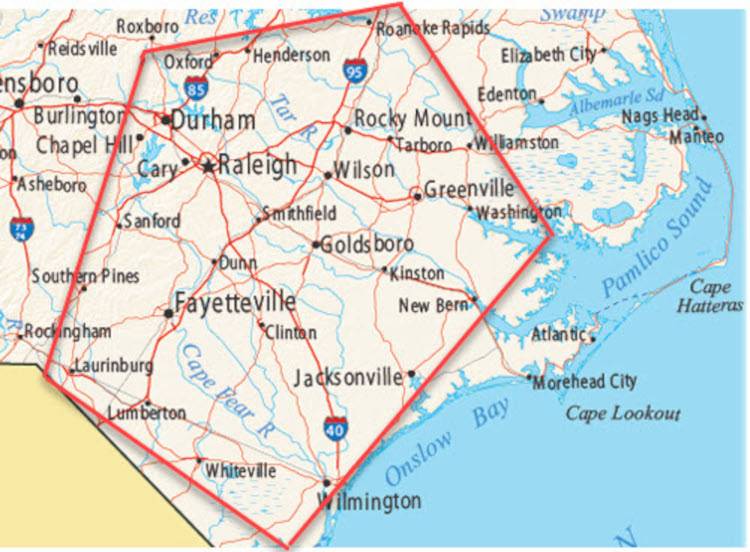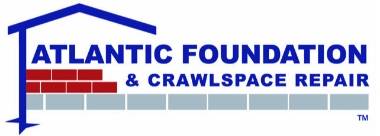Eastern North Carolina Important: COVID-19 Announcement.

As we all know, water vapors can cause severe damage to your home. If the floor gets wet often, mold will grow and destroy the flooring. No one wants this situation, so there are some measures to prevent the wetting of the floor. One of them is using moisture vapor barriers. Moisture vapor barriers are used in areas prone to excess moisture or dampness. They are used in the construction to prevent water vapors from passing through the walls and ceilings. Many types of moisture vapor barriers protect floors from damage, such as plastic sheeting, aluminum foil insulation, epoxy moisture barriers, etc. Identify quality versus cheap moisture vapor barriers before beginning an installation.
Moisture vapor barriers are the most important thing you can do to prevent water entry into walls, ceilings, floors, etc. If your area is susceptible to mold and water damage, you need them the most. These barriers are not only needed in hot and humid climates, but cold climates can also benefit from them.
Cheap Moisture Barriers fill the marketplace today, but you can decipher the difference. Plastic barriers are ineffective against specific chemical-treated spaces, so finding a high-quality moisture vapor barrier is key. Having a background in crawlspace encapsulation enhances your decision-making capabilities when it comes to selecting the proper materials.
Material composition separates the good stuff from the cheap stuff. High-quality barriers contain high-density polyethylene and polyolefin. These materials offer durability and resistance to tearing. Cheap barriers have low-density polyethylene or thin plastic sheets. Therefore, read on to see the features to look for in your materials:
High-quality, reliable moisture barriers come with detailed specifications about thickness, perm rating, and material composition. Before buying, you should check the product’s rating to learn about its quality from those who have purchased it before. Also, look for a warranty, as high-quality barriers offer one, while cheap products have no or little warranty.
Your home deserves the best. The type of moisture vapor barrier you use could set your home up for success in the future. While performing a DIY moisture vapor barrier installation project seems reasonable, reliable crawlspace encapsulation allows you peace of mind. At Atlantic Foundation Repair and Crawlspace Encapsulation, we offer that peace of mind. Call us today for a Free Homeowner’s quote to secure your crawlspace encapsulation installation.
Atlantic Foundation and Crawl Space Repair
PO Box 1450
Wendell, NC 27591
Service Area: Serving Raleigh, Durham, Chapel Hill, Cary, Apex, Surrounding Area and Eastern North Carolina with foundation and crawlspace repair services
Click here for Service Area

